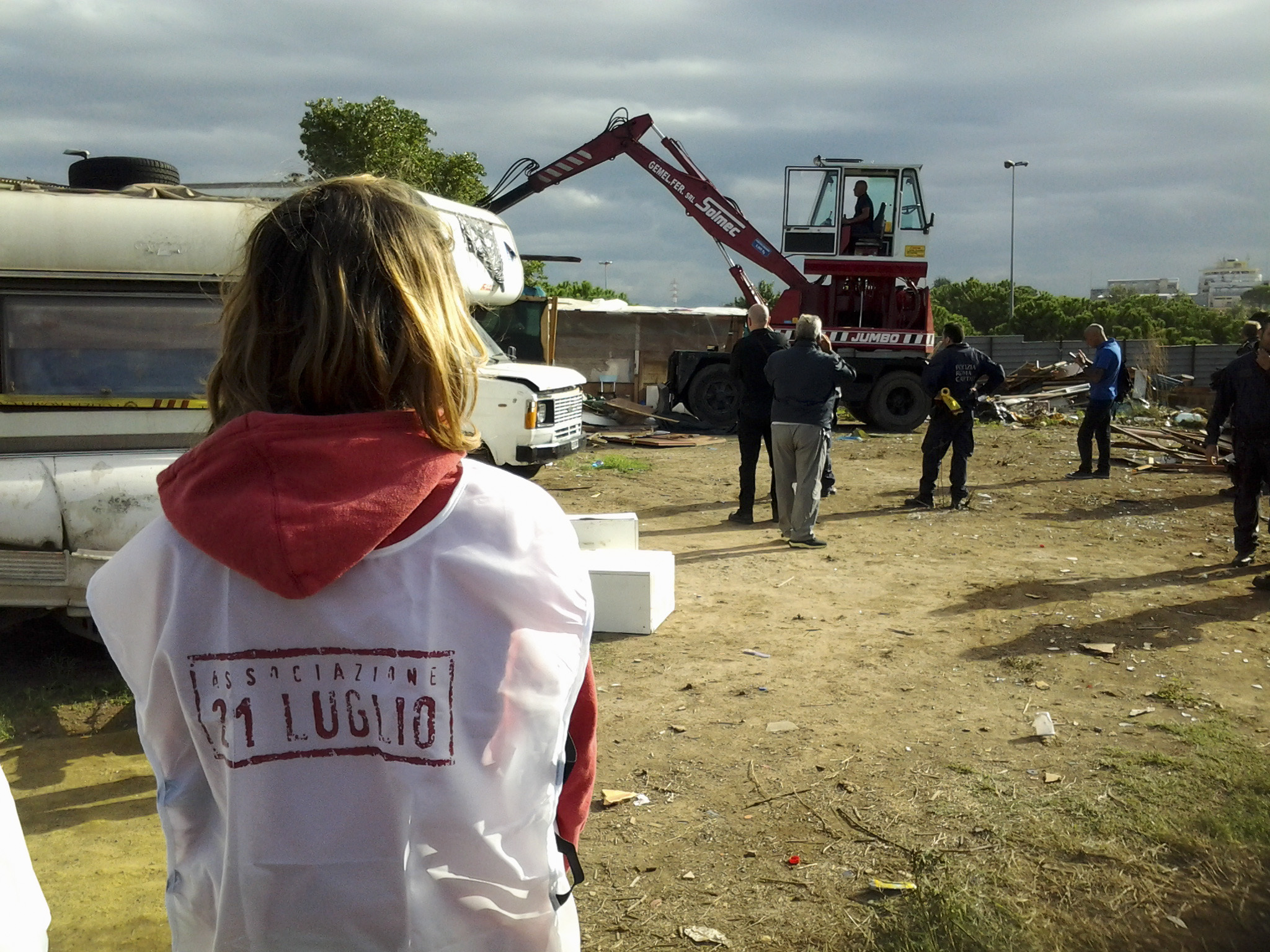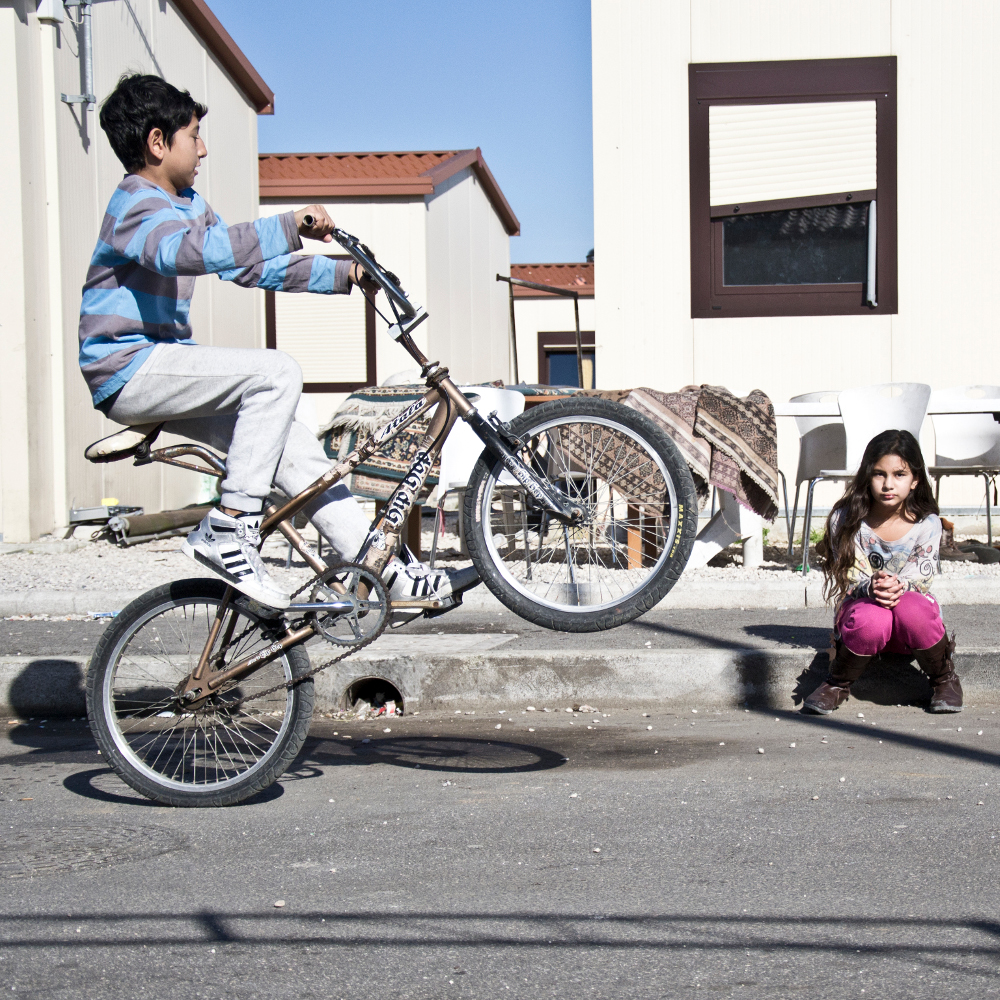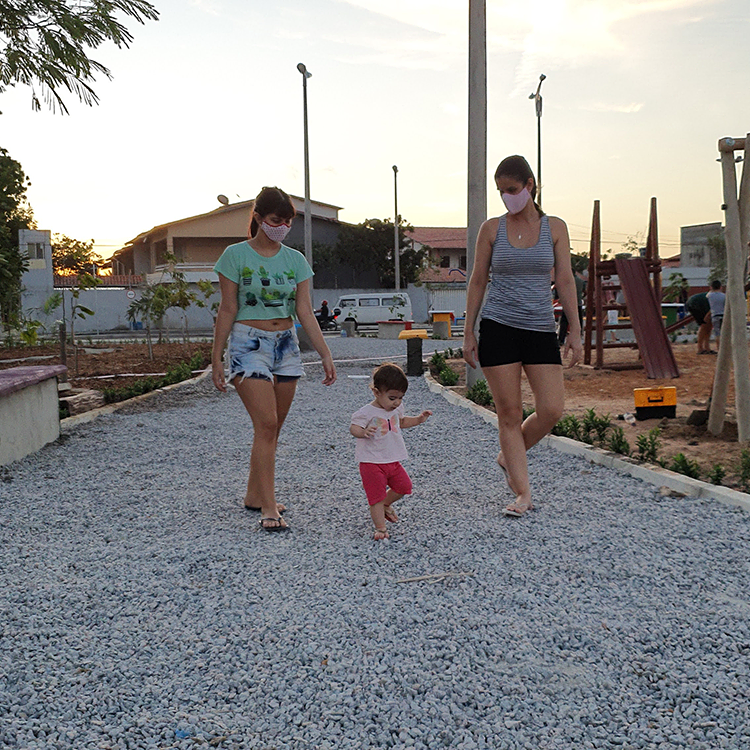Fighting discrimination is a long journey marked by many small steps. An example: in April 2014, Rome’s Mayor Ignazio Marino banned the use of “nomad” – a word that was perpetuating outdated stereotypes and prejudices – to refer to Roma people in official policy and institutional documents. It followed a specific request from Foundation partner Associazione 21 Iuglio, and reflects an ongoing transformation in public attitudes.
It was with good intentions that the Italian authorities had first settled Roma people in camps in the 1980s, believing their “nomadic culture” meant they would not adjust to life in conventional houses. But now the camps, overcrowded and often lacking in proper sanitation or security, are not fit places for young children to grow up in. Their isolated locations and insecure tenure for residents make it hard for Roma families to find and keep jobs or to access services, including education.
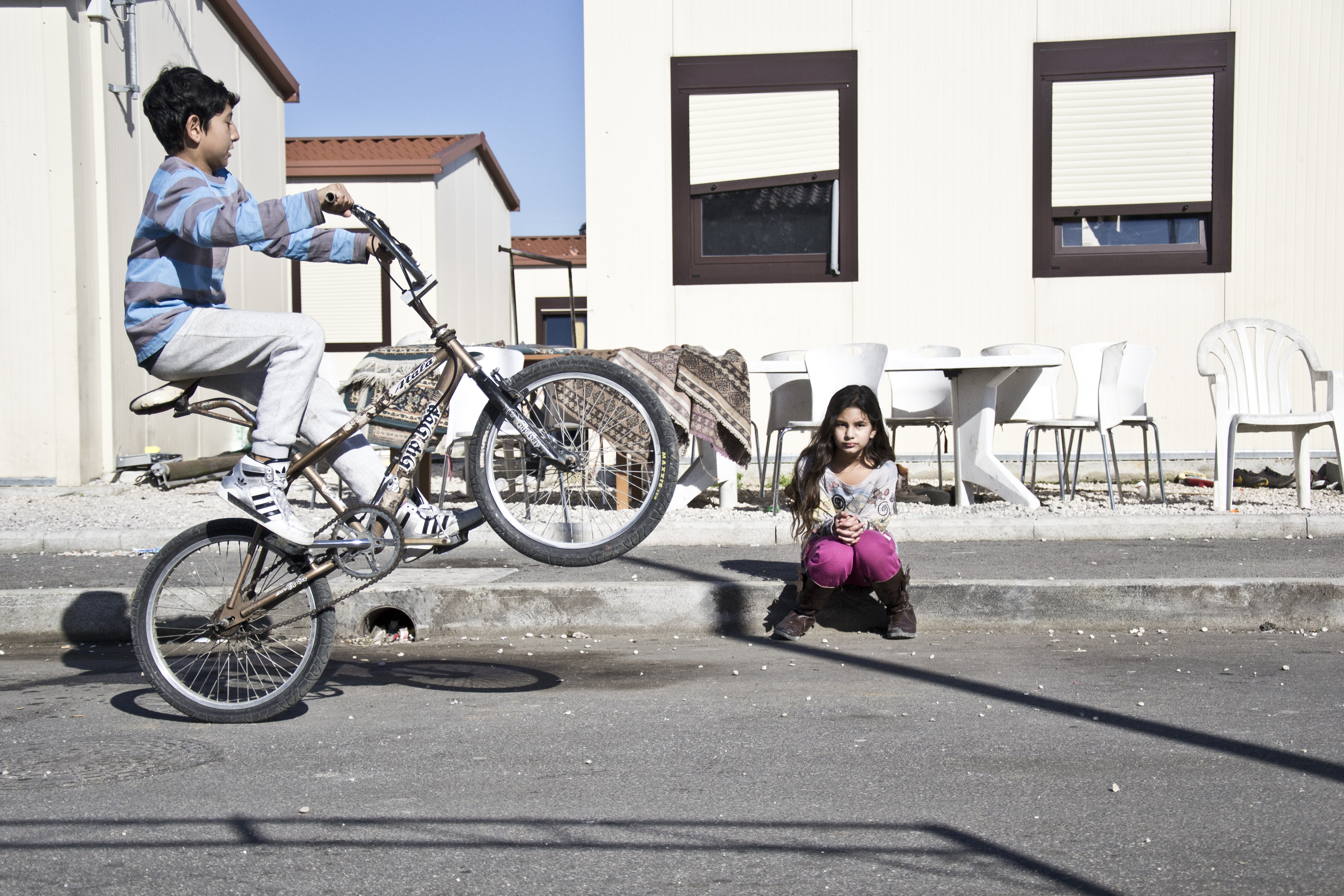
As many as 40,000 Roma people live in either formal or informal camps in Italy. The 70% housed in the formal camps are relatively fortunate – conditions are even worse in the informal camps, located in abandoned buildings, along the road or in open spaces. Families can be evicted at any moment, and frequently are. L’Associazione 21 Iuglio (“Association 21st July”), a Rome-based non-profit, is known for its powerful ‘Stop Roma Apartheid!’ campaign that aims to change how Italians view the Roma – and ultimately to find a better solution than the system of camps and evictions. It lobbies politicians, conducts public campaigns and helps young Roma women to become more effective community leaders.
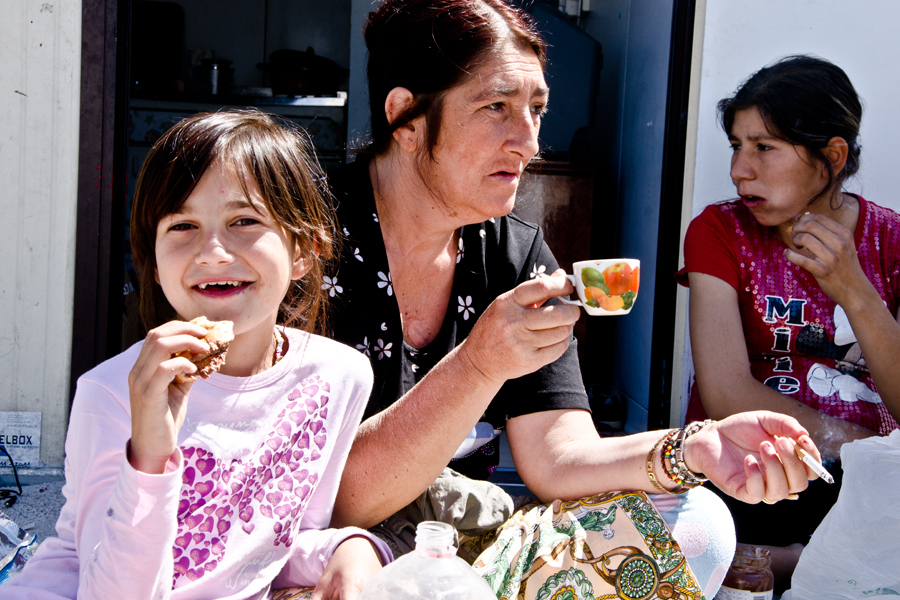
“When we first launched the ‘Stop Roma Apartheid!’ campaign in October 2013,” says Carlo Stasolla, president of the Associazione 21 Iuglio, “it was like a punch in the gut. The first reaction among many people and organizations was denial. They asked, ‘How can you use such a strong phrase?’” Now, the word ‘apartheid’ is commonly used – and thanks to the publication of a groundbreaking research paper, there is wide public awareness about the living conditions of Roma children.
Shifting attitudes are visible in various ways. The National Ombudsperson for Children and Adolescents, Vincenzo Spadafora, described in his last report to Parliament how the camps violate childen’s rights. The Senate’s Human Rights Commission has called for measures to improve the living conditions of Roma in Italy. An inter-ministerial forum has been established on integrating the Roma into Italian society.
The presidents of the 3rd and 6th sub-municipalities in Rome have publicly committed to close the camps in their neighbourhoods, and are working with the Associazione 21 luglio to identify alternative ways of housing Roma families, along with helping them to find employment, education and healthcare.
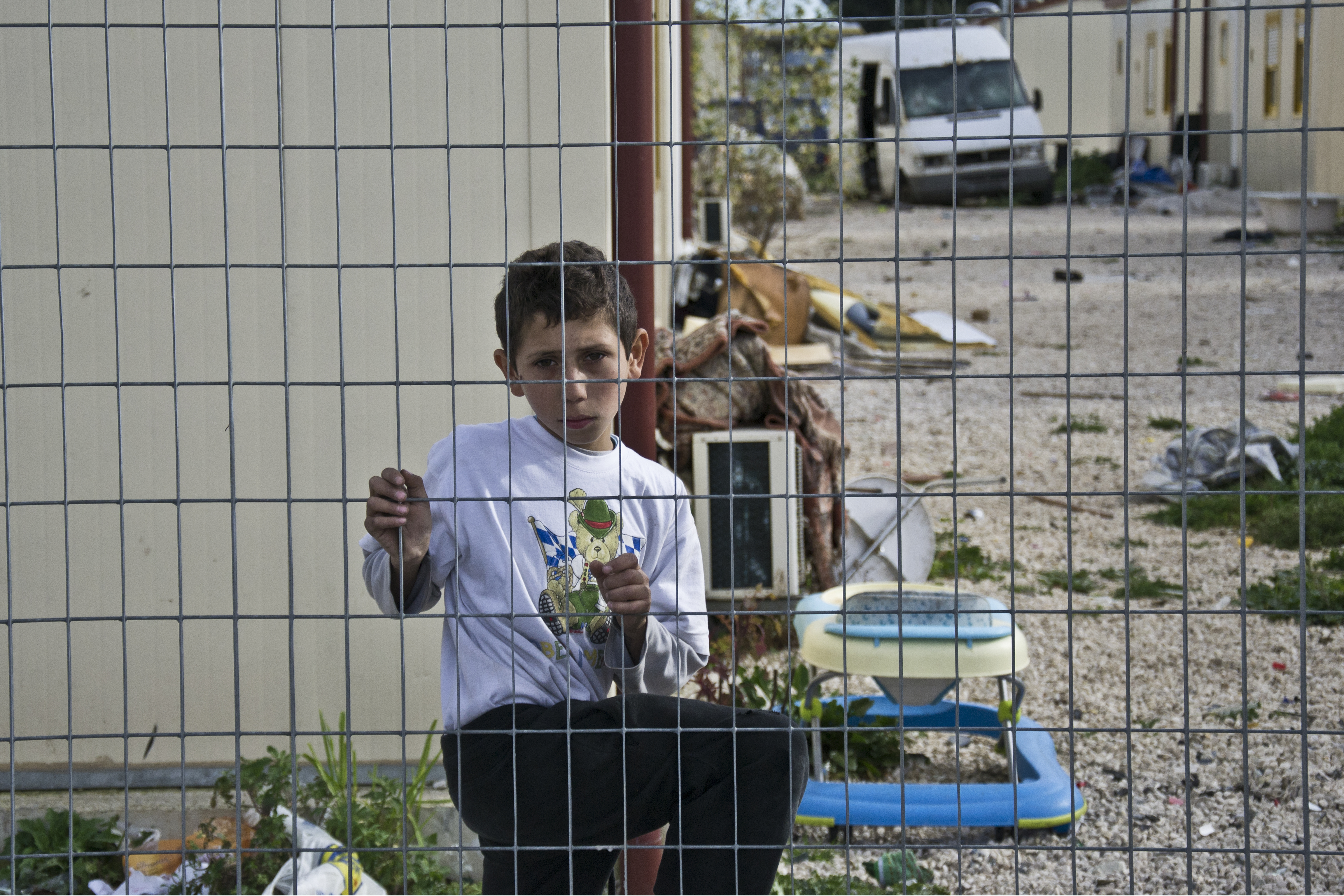
“Our research showed that formal camps and evictions are expensive solutions,” says Carlo. “With the same money that the municipality of Rome spends to house Roma and to evict them – 24 million euros in 2013 – they could spend this money on providing better services for everyone.” The aim is to persuade the municipality of Rome to close all the formal camps.
The Associazione 21 Iuglio’s work has been covered by Vatican Radio and Italian dailies La Repubblica, Corriere della Sera and Today.it, among others.
“We have taken the mask off the Roma system,” says Carlo, “and we now have evidence that we can succeed.”
Visit the website of L’Associazione 21 Iuglio for more information.
